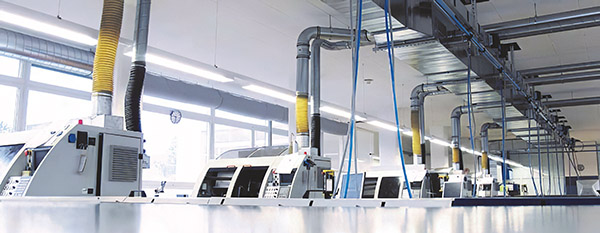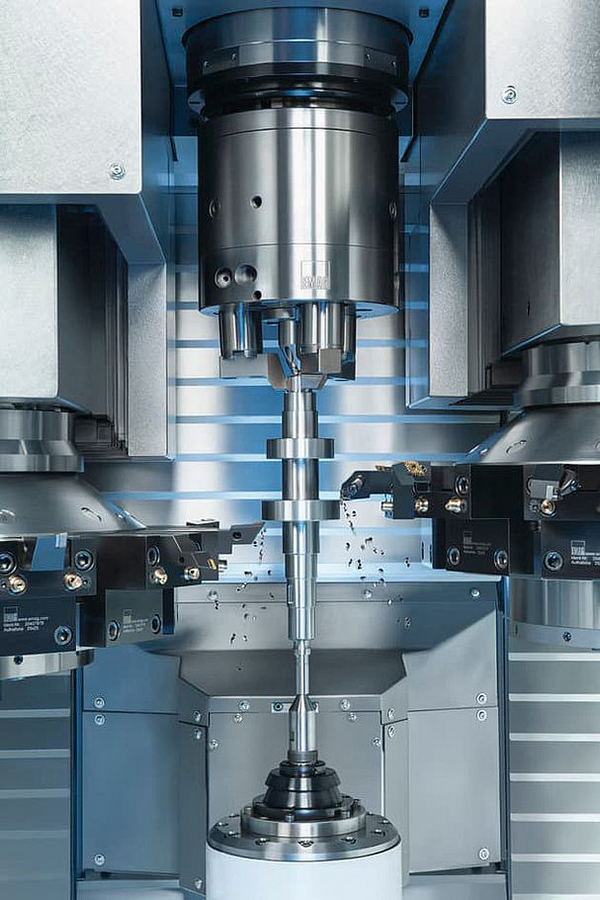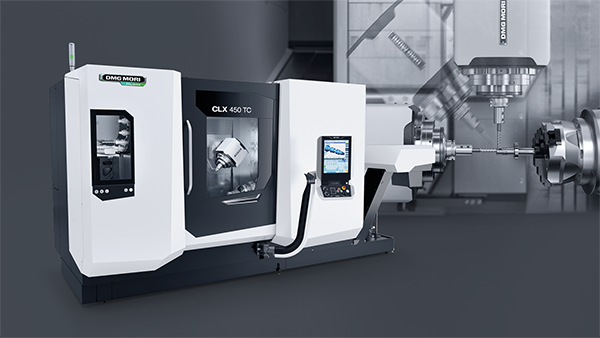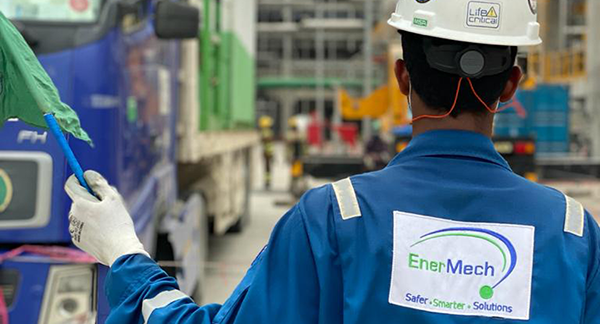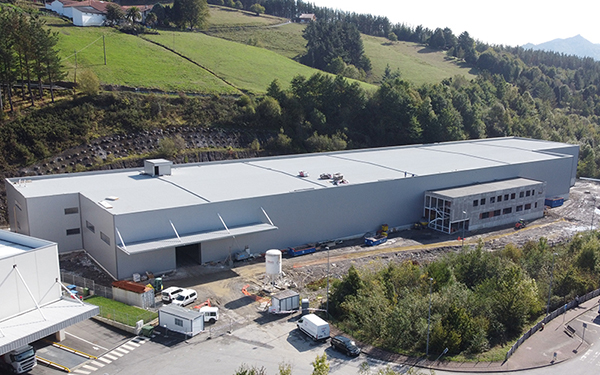
The Switzerland-based Azurea Group specialises in the production of components and sub-assemblies for the medical equipment industry. In 2009, Azurea Holding SA acquired the Bévilard Company with the primary aim of strengthening and evolving its medical device offer.
According to Samuel Geiser, Azurea’s Bévilard site manager: “It’s now about providing a service – assembly. We have decided to stand out as a supplier of finished products. This is undeniably a pledge of added value that makes us real specialists, not only in the field of assembly, but in terms of specific functions. We can develop innovative solutions from materials that are sometimes very exotic.”
On the subject of exotic materials, Geiser is first and foremost is thinking of specific stainless steels and different grades of titanium. Thanks to its vast inventory of Tornos machines that comprises 13 Deco 10 and two Deco 13 machines, some of them equipped with gear-cutting function, Azurea can also machine materials such as PEEK, a thermostable plastic material. There is no material and no challenge that frightens Azurea, and the company prides itself on versatility and a pioneering and visionary spirit.
“We recently opened a grey room for assembly where we put the finishing touches to our products,” Geiser says. “This investment is intended to limit potential process contamination by users. We make the experience and expertise of our technicians available to customers in the medical, dental and micro-technology sectors, for them to achieve impeccable quality.”
For further information
www.tornos.com






